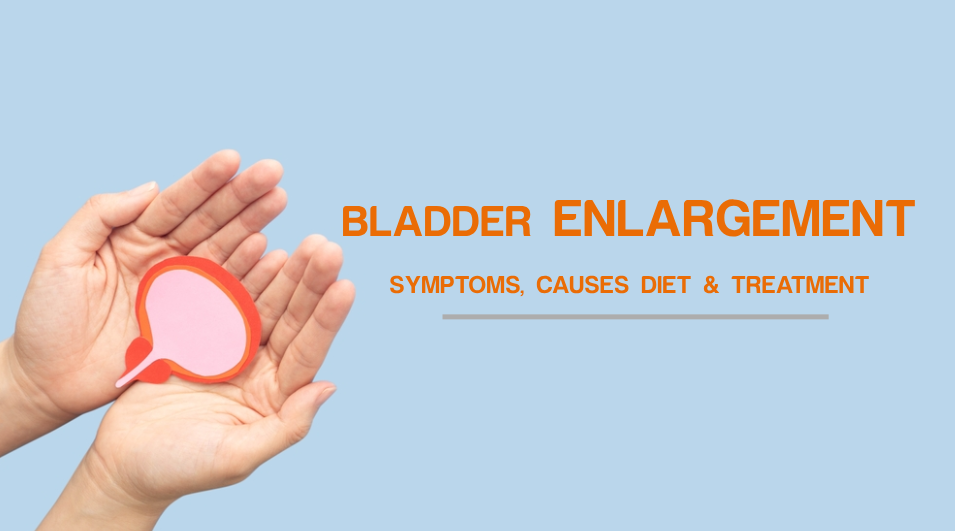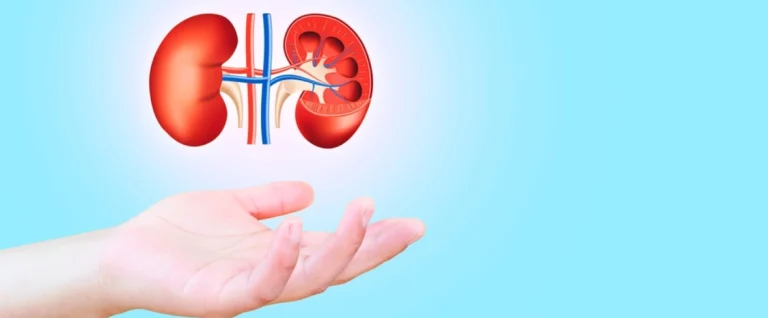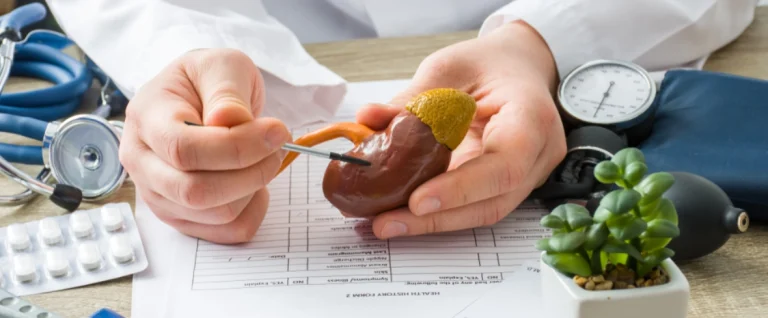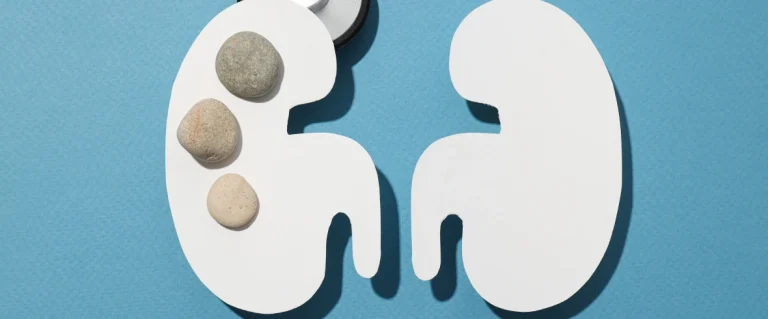Bladder Enlargement- Symptoms, Causes, Diet, Treatment Options & Common Questions
In the bustling city of Navi Mumbai, a man named Rajesh began to notice some troubling symptoms. He felt a frequent urge to urinate, experienced discomfort, and sometimes even pain during urination. Concerned about these persistent issues, Rajesh decided to consult Dr. Ajinkya Patil, a renowned urologist known for his compassionate care and expertise in treating urological conditions.
The Symptoms Unfold
Rajesh’s journey began with a series of symptoms that were hard to ignore:
- Frequent Urination: Rajesh found himself waking up multiple times at night to use the bathroom, a condition known as nocturia.
- Urgency: He often felt a sudden, strong urge to urinate, which was hard to control.
- Weak Stream: When he did urinate, the stream was weak, and sometimes it felt like his bladder wasn’t completely emptying.
- Discomfort and Pain: He experienced discomfort in his lower abdomen and occasional pain during urination.
These symptoms were not just inconvenient; they were impacting Rajesh’s quality of life, making him anxious and disrupting his daily routine.
Seeking Answers
Rajesh’s visit to Dr. Ajinkya Patil’s clinic marked the beginning of his quest for answers. Dr. Patil listened attentively to Rajesh’s concerns and conducted a thorough examination. He explained that these symptoms could be indicative of bladder enlargement, also known as benign prostatic hyperplasia (BPH) in men or bladder hypertrophy.
Understanding the Causes
Dr. Patil shared that bladder enlargement can result from various factors:
- Aging: As men age, the prostate gland can enlarge, pressing against the bladder and urethra.
- Hormonal Changes: Shifts in hormone levels, particularly an increase in dihydrotestosterone (DHT), can contribute to prostate growth.
- Lifestyle Factors: Poor diet, lack of exercise, and dehydration can exacerbate the condition.
- Genetics: A family history of bladder or prostate issues can increase the risk.
Understanding these causes helped Rajesh realize that his condition was manageable and that he wasn’t alone in facing these challenges.
Dietary Changes
Dr. Patil emphasized the importance of diet in managing and preventing bladder enlargement. He advised Rajesh to make the following changes:
- Hydration: Drink plenty of water to help flush out the urinary system.
- Fruits and Vegetables: Incorporate a variety of fruits and vegetables rich in antioxidants and anti-inflammatory properties.
- Avoid Caffeine and Alcohol: These can irritate the bladder and increase symptoms.
- Limit Red Meat and Dairy: Reduce intake of these foods as they can contribute to inflammation.
These dietary adjustments were simple yet powerful steps Rajesh could take to alleviate his symptoms and improve his overall health.
Treatment Options
Dr. Patil outlined several treatment methods for bladder enlargement, ranging from conservative management to surgical interventions:
Conservative Management:
- Increased Fluid Intake: Helps flush out smaller stones and maintain urinary health.
- Pain Management: Medications to alleviate kidney stone pain and discomfort.
- Medications: Alpha-blockers can help pass stones by relaxing the muscles in the bladder neck and prostate.
Medical Therapies:
- Potassium Citrate: Used to prevent stones from forming by making the urine less acidic.
- Thiazide Diuretics: Help reduce calcium levels in the urine, thus preventing stone formation.
Minimally Invasive Procedures:
- Shock Wave Lithotripsy (SWL): Uses sound waves to break stones into smaller pieces, making them easier to pass.
- Ureteroscopy (URS): A ureteroscope with laser light is used to remove stones from the ureter, ensuring precision and minimal invasiveness.
Surgical Interventions:
- Percutaneous Nephrolithotomy (PCNL): Removes large stones through a small incision in the skin.
- Laparoscopic Surgery: Less common but necessary for complex cases, involves the removal of stones through small incisions in the abdomen.
Dr. Patil’s comprehensive approach provided Rajesh with multiple options, ensuring that he could choose the best treatment suited to his condition.
Lifestyle and Exercise
Dr. Patil also stressed the importance of lifestyle modifications and exercises to prevent bladder enlargement and aid in recovery post-treatment:
- Kegel Exercises: Strengthen the pelvic floor muscles, helping control urination and reduce symptoms.
- Regular Physical Activity: Engage in moderate exercise, like walking or swimming, to improve overall health and maintain a healthy weight.
- Bladder Training: Gradually increase the time between urination to train the bladder to hold more urine, improving bladder function.
These exercises and lifestyle changes not only helped Rajesh manage his current symptoms but also played a crucial role in preventing future issues.
Post-Treatment Care
After undergoing treatment, Rajesh felt significantly better, but Dr. Patil reminded him of the importance of post-treatment care:
- Follow-Up Appointments: Regular check-ups to monitor progress and catch any issues early.
- Continued Lifestyle Changes: Maintain a healthy diet, stay hydrated, and keep up with exercises to prevent recurrence.
- Awareness and Monitoring: Be aware of any new symptoms and seek prompt medical advice if they arise.
Rajesh learned that managing bladder enlargement was a continuous process, requiring vigilance and proactive care.
Post Recovery
With Dr. Patil’s guidance and support, Rajesh learned to manage his condition effectively. He made lasting changes to his diet, incorporated regular exercise into his routine, and stayed diligent about his health. Rajesh’s story is a testament to the power of comprehensive care and the positive impact of a dedicated urologist like Dr. Ajinkya Patil.
Living with bladder enlargement is challenging, but with the right support and information, it’s possible to lead a healthy, fulfilling life. Dr. Patil’s holistic approach ensures that patients receive not only the best medical care but also the tools and knowledge to maintain their health long-term.
Common Questions
- What are the early signs of bladder enlargement?
- Frequent urination, urgency, weak urine stream, discomfort, and nocturia.
- How can I prevent bladder enlargement?
- Stay hydrated, eat a balanced diet, exercise regularly, and avoid excessive caffeine and alcohol.
- What exercises help with bladder control?
- Kegel exercises and regular physical activity can strengthen pelvic floor muscles and improve bladder control.
- Is surgery always required for bladder enlargement?
- Not always; medications and minimally invasive procedures are effective for many patients.
Rajesh’s story highlights the importance of recognizing symptoms early and seeking expert care. With the right treatment and lifestyle changes, managing bladder enlargement is possible. Trust Dr. Ajinkya Patil to guide you through every step of your journey to better bladder health.
– Dr.Ajinkya Patil





Leave a Comment